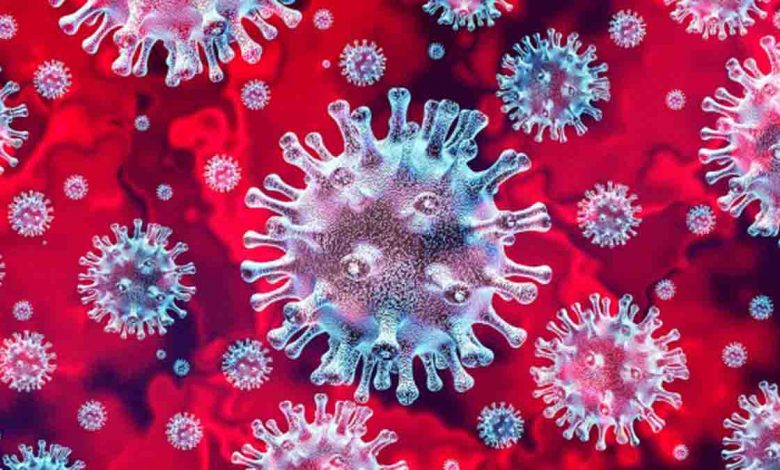Night curfew in Delhi, city logs year’s highest daily count at 5,100

Wednesday, 07 April 2021 | Staff Reporter | New Delhi
On a day when Delhi recorded 5,100 new Covid-19 cases, highest this year, and 17 deaths in a day, the Delhi Government on Tuesday imposed seven-hour long night curfew with immediate effect for this entire month as an emergency measure for the “wellbeing and safety” of people.
However, it exempted people of certain professions from the curfew.
The decision was taken after the Delhi Disaster Management Authority (DDMA) after it reviewed the Covid-19 situation in the city. The DDMA order for curfew from 10 pm to 5 am will continue till April 30.
People travelling during curfew hours for Covid-19 vaccination will require a soft or hard copy of an e-pass which can be obtained from the website Delhi.Gov.In.
According to the order issued by the chief secretary and chairperson of the executive body of DDMA, a sudden increase in Covid-19 cases in the recent past along with a high positivity rate has been observed in Delhi.
“It is felt that night curfew needs to be imposed in the NCT (National Capital Territory) of Delhi from 10 pm to 5 am, except for essential activities and services, as an emergency measure for the wellbeing and safety of people,” the order stated.
Those exempted from the night curfew include pregnant women, patients, those travelling to and from airports, railway stations, State bus terminus on showing tickets, officials related to the functioning of offices of diplomats, and those holding any constitutional post on the production of valid identity card.
Central and the Delhi Government officials involved in emergency services such as health and family welfare and all related medical establishments, police, prisons, home guards, civil defence, fire and emergency services will also be exempted.
Officials of district administration, pay and accounts office, electricity, water and sanitation, public transport, disaster management and related services, NIC, NCC and municipal services, and all other essential services will also be exempted from the night curfew on the production of valid identity card.
Private medical personnel such as doctors, nursing staff, paramedical, and other hospital services, diagnostic centres, clinics, pharmacies, pharmaceutical companies and other medical and health services will be exempted, the order stated.
Movement of persons related to commercial and private establishments, including grocery, fruits and vegetable shops, dairy and milk booths, meat and fish, animal fodder, medical equipment shops, banks, insurance offices and ATMs, private security agencies, mediapersons, telecom and Internet services, Information Technology and IT-enabled services, e-commerce of essential services, will be allowed on production of e-pass.
Employees of petrol pumps, LPG, CNG, petroleum and gas retail and storage outlets, power generation, transmission and distribution units, cold storage and warehousing services, manufacturing units of essential commodities will also be exempted on carrying e-pass.
Public transport such as Delhi Metro, DTC and cluster buses, autos and taxis will be allowed to ply within the stipulated time for transportation of only exempted categories of people during night curfew, said the order.
However, there will be no restriction on inter-state and intra-State transportation of essential and non-essential goods. No separate permission or e-pass will be required for such movements, it said.
All district magistrates and deputy commissioners of police, as well as authorities concerned, will ensure strict compliance with the DDMA order.
Enforcement authorities are required to note that these restrictions fundamentally relate to the movement of people, and not to that of essential goods and services, the order stated, adding violation of curfew restrictions will be dealt with under the relevant section of the Disaster Management Act, 2005, and Section 188 of the IPC and other applicable laws.
Chief Minister Arvind Kejriwal had on Friday said Delhi is witnessing the fourth wave of Covid-19 but any decision on lockdown will be taken after due public consultation.
Currently, there is a capping of maximum 200 and 100 guests at wedding ceremonies in open and closed spaces imposed last month, in view of rising cases of Covid-19.
Also, as per DDMA, not more than 50 people are allowed at funerals in the city.
In Delhi Metro trains passengers are allowed to sit on alternate seats while in DTC and Cluster buses people are not allowed to travel in standing position.
The DDMA in its order on March 27 directed to maintain status quo with regard to permissible and prohibited activities and restricted number of persons in all gatherings in Delhi.






